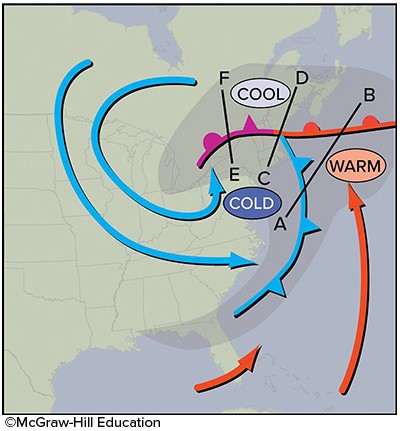Why is variety in crop plants important for "food security"? How is this threatened by GM food crops? What is the United States' position on GM products? How does this differ from the position of other countries?
What will be an ideal response?
Varieties contain genes that, through conventional breeding, might confer resistance to disease, pests, inbreeding, and other pressures that challenge modern agriculture. Monocultures of industrial agriculture place all our eggs in one basket, so that any single catastrophe could potentially wipe out multiple crops. Wild relatives contain genetic diversity that may have ready-made solutions to unforeseen problems. The position of the United States is that GM foods are an acceptable food crop. Many nations refuse to purchase or accept food or seed crops that are GM. The European Union has been extremely outspoken against the use or trade of GM foods.
You might also like to view...
pH is a measure of the comparative amounts of hydrogen and hydroxide ions contained in a particular volume of solution, which influences the uptake natural chemicals in soil by plants.
Answer the following statement true (T) or false (F)
According to the scientific method, an experiment
A) must always be performed in a laboratory setting B) must always be performed by researchers with good reputations C) must produce data that allows the prediction to be evaluated
The most recent ancestor of modern humans that evolved about 35,000 years ago is
____________________. Fill in the blank(s) with the appropriate word(s).
In regard to the occlusion process, at which segment has warm air been lifted above the cooler and cold air?
A. D-C B. B-A C. F-E